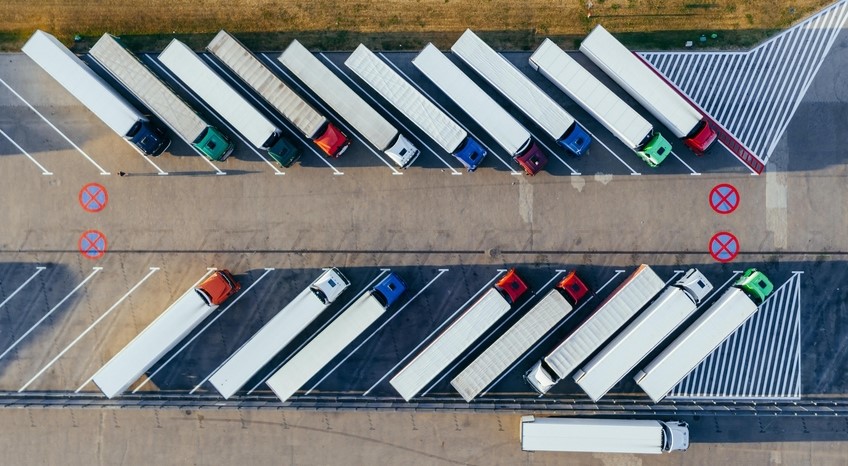Prestudy to investigate resilient and sustainable freight transport during Covid-19

Covid-19 created new challenges for the transportation sector and forced it to quickly readjust, a prestudy from ITRL looks to investigate how we can learn from these changes to design a more resilient and sustainable transportation system that can recover and adapt in future crises.
As countries closed borders and implemented quarantines to prevent the spread of coronavirus, supply chains and the transportation system faced new challenges and forced many actors to quickly adapt during uncertain times.
The prestudy lead by ITRL and CLOSER aims to bring new insights in how Covid-19 and surrounding economic uncertainty have affected supply chains, as well as to generate new ideas for further research to strengthen the freight transportation system.

“We aim to map the disruptions in the transport sector under the Covid-19 pandemic, and for example, identify which supply chains were affected the most and what innovative solutions different branches came up with to tackle their problems. This discussion should bring various actors together and foster future collaboration, while also result in the identification of underlying causes of the observed problems during the pandemic and a new project proposal with regard to that”, says Liselotte Mulder, one of the researchers from ITRL involved in the project.
While research is already being done to explore new technologies developed during the pandemic, the solutions offered risks being isolated from one another. This study intends to bring a systemic perspective and find a balance between different solutions. Through workshops and interviews the prestudy will invite partners to conceptualize models and find solutions for future crises. The first workshop was held in January.
“Many actors have shown their capability to quickly cope with the disruptions the pandemic caused”, Liselotte continues. “There is however a high risk that each of these actors continues to operate in its own niche, leading to suboptimal solutions in the long run. In order to create a sustainable and resilient transport system that can cope with future crises and challenges in the best possible way, it is key to take lessons from the Covid-19 crises collaboratively with various actors from different branches, and that is what we facilitate”.
The project is funded through Vinnova’s Strategic vehicle research and innovation (FFI) programme , and is expected to last 4,5 years with this prestudy making up the first 6 months.
Read more about the project here.

